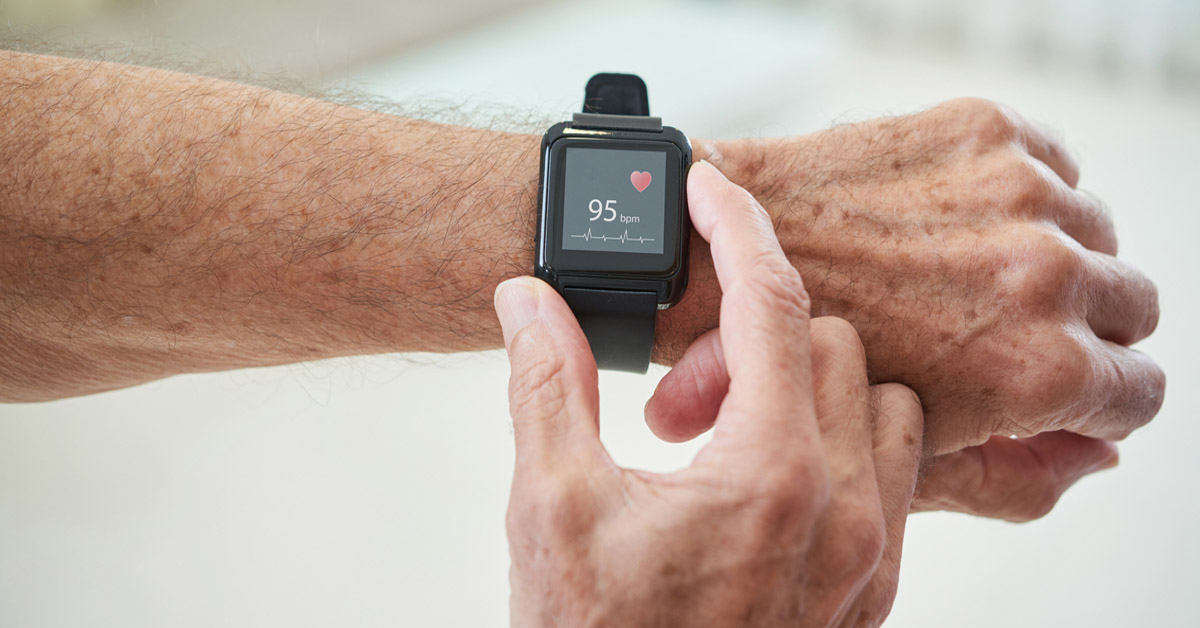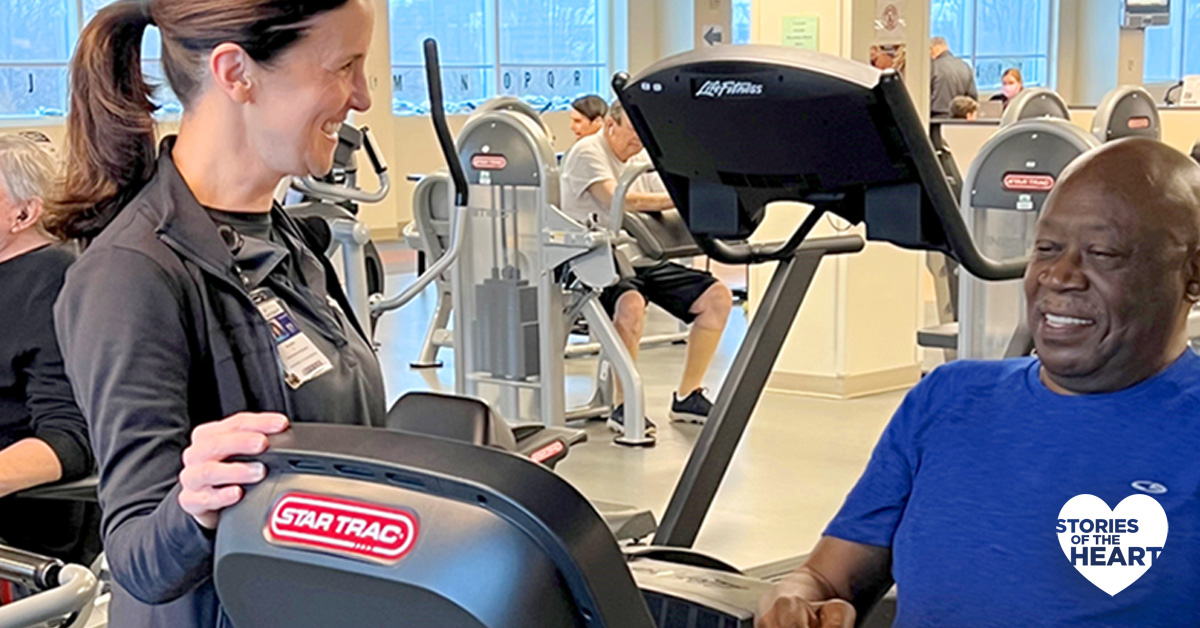Technology has turned fitness into a fashion trend! Lots of people use wearable fitness trackers to monitor their step count and exercise, even to track heart rate data. In fact, the Pew Research Center reports 1 in 5 Americans wear either a smartwatch, pedometer or other fitness tracker daily.
But just how accurate is the data these trackers give you? And how much should you rely on it when it comes to monitoring your health?
We spoke with Jeff Senfield, MD, a cardiologist at Bon Secours Upstate Cardiology Greenville, to get answers.
What is a fitness tracker and how do they work?
Dr. Senfield: Fitness trackers are devices you can put on your wrist or other parts of your body to capture steps and heart rate. They use photosensors to help look at the pulse at any given time.
The ads for these devices make a lot of claims. How accurate and useful are these trackers?
Dr. Senfield: I think they are useful, but they’re not always going to tell the truth – that a patient is having an arrythmia or other electrical disturbance of the heart. However, they may tell you if something else is going on. So, I think it’s a good thing for a lot of people. For everyday fitness, it’s good to know what your heart rate is, especially if you want to target a certain heart rate zone during exercise.
Are there downsides to wearing a fitness tracker?
Dr. Senfield: Fitness trackers are not always 100 percent accurate. There are false positives, false negatives – they may indicate you have an arrythmia when you’re really don’t. Those things can add extra anxieties to people who wear them. So, that’s where the caution comes in. If you don’t have any symptoms and you’re out of rhythm but you’re otherwise very healthy, the probability is very low you have something wrong. Though it does raise suspicion and patients can show up in our office to get a better diagnosis.
If someone has a concern with a result of a fitness tracker, should they reach out to their health care provider?
Dr. Senfield: We’re living in a time when technology is advancing at a very rapid pace. If a patient never knew they had a problem, these devices may get them to the office to get everything figured out. So, it’s very helpful for a patient who finds an abnormality and wants to discuss that concern with a primary care doctor or cardiologist. It’s not an uncommon thing to see someone in the office from a result on a fitness tracker. However, 95 percent of the time the abnormality found on the fitness tracker is not a real arrythmia. It does raise suspicion, though, especially if the result is raised repeatedly. Bottom line, it never hurts to get a professional’s opinion.
What should people be looking for in a fitness tracker?
Dr. Senfield: With anything we purchase, doing research is good. Smartwatches tend to increase the diagnostic yield of the kind of results that come in. Some smartwatches tend to be better than other fitness trackers because of this – and that’s reflected in the price tag.
February is American Heart Month. Learn more about the cardiology services we offer at Bon Secours.




